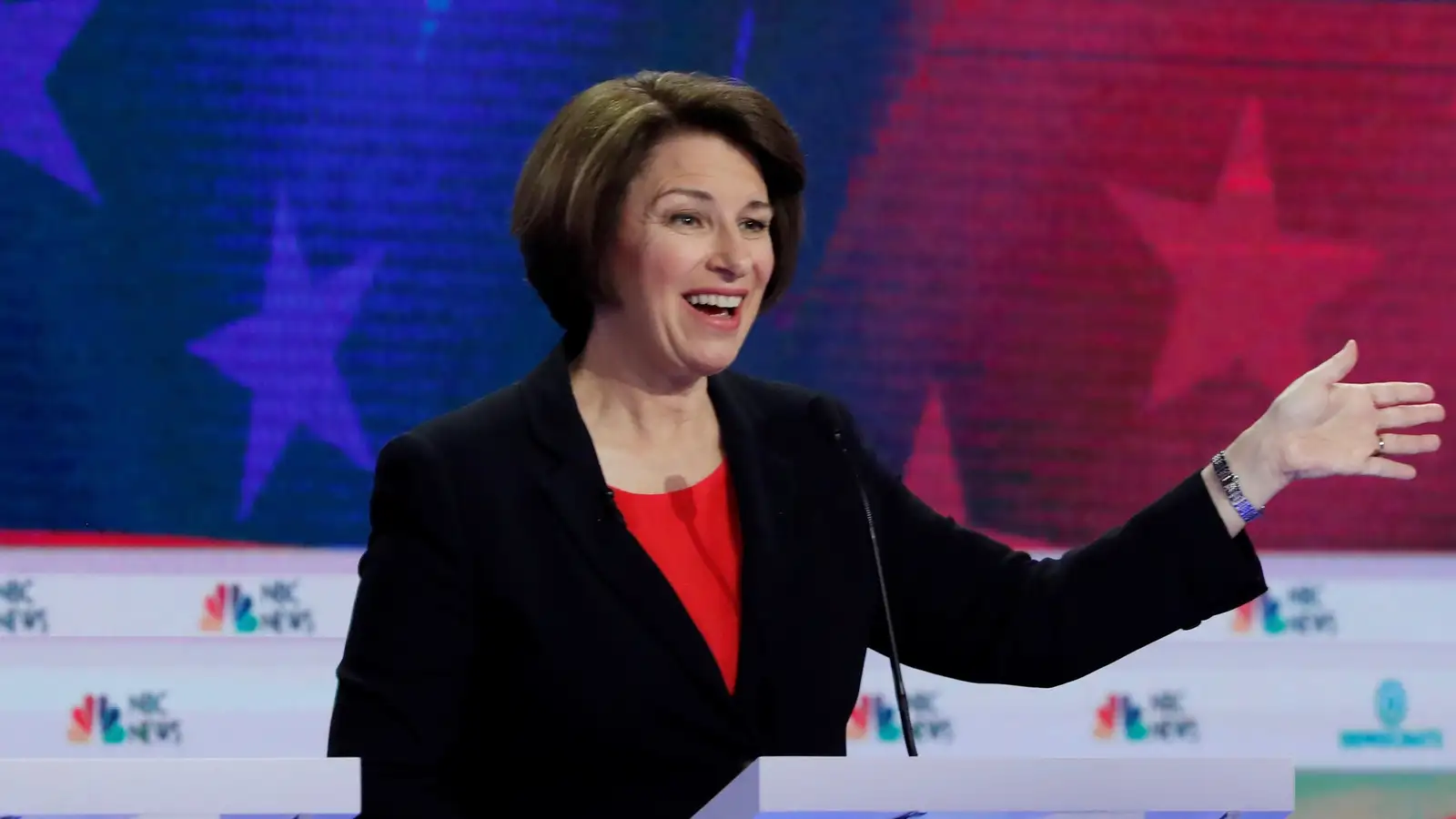The top 20 Democratic presidential candidates will be debating tonight (July 30) and tomorrow in two groups of 10. This is the second round of debates, which began in June, and already the contenders are under pressure.
Although there is a long way to go before the elections in November of next year, candidates who fail to make a mark on the public this week may have to rethink their campaigns. Here’s what you need to know ahead of the events.
What time do the debates begin?
The candidates will start debating at 8 p.m. Eastern time on both nights. That’s a slightly earlier start than the June debates, which began at 9 p.m.
Who is hosting?
CNN is hosting the debates this time around. Its moderators will be chief political correspondent Dana Bash, CNN Tonight anchor Don Lemon and chief Washington correspondent Jake Tapper.
How do you watch?
The debates will be broadcast live by CNN from the Fox Theater in Detroit. You can watch the live broadcast on TV, or a livestream on the CNN website and the news organization’s apps.
How did candidates qualify?
To make it on to the debate stage, a candidate must either have at least 1% support in three state or national polls approved by the Democratic National Committee or have raised money from 65,000 unique donors, with a minimum of 200 different donors coming from at least 20 different states.
Not everyone managed that. Former Pennsylvania representative Joe Sestak joined the race in late June and didn’t qualify for either of the first two debates. Tom Steyer, a billionaire hedge-fund manager, just launched his campaign in July and didn’t qualify. Massachusetts representative Seth Moulton and Miramar, Florida Mayor Wayne Messam also failed to qualify.
Who is up when?
The lineup for the second debate was determined by a random draw that was broadcast by CNN on July 18. This week’s matchups will differ from the groupings in June. The candidates will be arranged on the stage based on their current popularity, with the most promising contenders at the center of the stage.
On July 30, the following candidates will debate:
- Self-help guru Marianne Williamson
- Ohio representative Tim Ryan
- Minnesota senator Amy Klobuchar
- South Bend, Indiana mayor Pete Buttigieg
- Vermont senator Bernie Sanders
- Massachusetts senator Elizabeth Warren
- Former Texas state representative Beto O’Rourke
- Former Colorado governor and beer brewer John Hickenlooper
- Former Maryland representative John Delaney
- Montana governor Steve Bullock. (Bullock didn’t appear in the first debates and is replacing California representative Eric Swalwell, who dropped out of the race on July 8).
On July 31, the second group of 10 will meet onstage, including:
- Colorado senator Michael Bennet
- New York senator Kirsten Gillibrand
- Former San Antonio, Texas mayor Julian Castro
- New Jersey senator Cory Booker
- Former vice president Joe Biden
- California senator Kamala Harris
- Entrepreneur Andrew Yang
- Hawaii representative Tulsi Gabbard
- Washington governor Jay Inslee
- New York mayor Bill de Blasio
What you can expect
If the June debates were any indication, you can expect Democratic presidential contenders to be showing off their Spanish skills, vying to be the most open to immigration law reforms, expressing concern about climate change, and telling the American people how they plan to fix health care, the student debt crisis, and education.
The luckiest or most skilled of the 20 will manage to get in a soundbite that resonates with reporters and can be repeated in the coming weeks, while the unfortunate or meek or poorly placed will be lucky if they get a few words in edgewise. Last time, Yang was upset by how little time was devoted to his ideas, and Gabbard’s sister complained that she got insufficient attention.
This time, sparks may fly again between Biden and Harris, who will meet on the second night of debates. In the June debates Harris revealed that she was being bussed to school while Biden was palling around with segregationists, resulting in the most talked about moment of those debates and a bump for Harris in the polls. Biden has vowed that he won’t be as polite if challenged this time, though it’s not clear that more aggression was the right lesson for Biden to take away from the first event.
Sanders and Warren will share the stage tonight, giving viewers their first opportunity to compare the two progressive senators. Self-help guru Williamson will likely talk about love trumping hate and midwesterners Klobuchar and Buttigieg will probably try to show they are reasonable moderates who can woo Republicans and heal a divided nation. Klobuchar will no doubt employ lots of folksy aphorisms, as she did last time, but given how crowded the stages will be and how little time candidates will have to talk policy, the debates are likely to be “all foam and no beer.”
